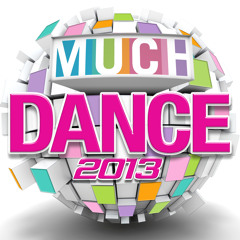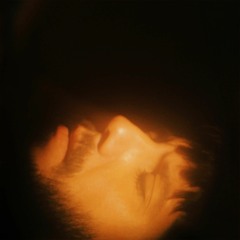
“It’s been two years since someone asked me who I was / I’m the greatest man / I said that before I knew I was,” he admits right after, illustrating that no matter how much time he spends staring at himself in the mirror, Drake is still capable of being confidently sure of who he is and what he wants. “Rapping bitches, rapping bitches, bitches and rapping, rapping and bitches until all of it switches,” he says of the flurry and blur of his lifestyle, one he still might think of as absurd no matter how much he may enjoy it at times.
#DRAKE TAKE CARE ALBUM SOUNDCLOUD FULL#
His complex cynicism-that mix of emotional reflection and negativity despite soaking in all the perks of his fame and wealth-is in full force. Halfway through Take Care, “Underground Kings” descends with a mesmerizing 4-note lead before Drake bursts out of the gate hand-in-hand with the bass. It’s the least impressive of Drake’s styles, making those tracks mostly forgettable if you overlook the fact that he rather boldly raps about his past relationship with Rihanna in the very song she contributes to.

It’s those songs, the already radio-heavy “Marvin’s Room” and some surprisingly well-composed tracks like his Stevie Wonder collaboration “Doing it Wrong” that lead many rappers and genre fans alike to spit hate, but it undeniably gives him a dynamic R&B edge that completes the image-an Usher revivalist with Eminem’s bite and a perfected Lil Wayne flow.Ī third style flutters here and there, in “Take Care” featuring Rihanna and the album closer “The Motto,” and is marked by a sort of chopped-and-screwed take on modern club music. Meanwhile, the slow, R&B infused songs show us his now-trademark emotional, introspective side concerned with past loves and genuine self-evaluation. Take Care moves on to flip-flop, almost every other song, between two loose styles, which are easy to identify when the light opening song flows into the melancholic “Shot for Me” and then right into the forceful radio classic “Headlines.” The fierce and upbeat lyrical attacks wrapped up in pulsing keyboard beats mark Drake’s confident, near-untouchable state.
#DRAKE TAKE CARE ALBUM SOUNDCLOUD CRACK#
He seems to crack a few smiles, admitting that you win some and lose some now that his taxes have hit six figures and jabbing at people “discussing his career again, asking if he’ll go platinum in a year again.” The track is trademark Drake in a lyrical sense, but with a balanced display of styles that anticipates the more focused 16 tracks that follow. The opening track, “Over My Dead Body,” is somewhere between an anthem and a more traditional R&B song, opening with a female lead hook and a bare bones piano part that Drake raps over consistently.
“I’ve been working with the negatives to make for better pictures,” is the witty, double entendre answer we’ve come to expect, yet never get tired of hearing. “What have I learned since getting rich,” he asks himself on “HYFR,” his second of three Lil Wayne-assisted tracks. But what is clear is that Drake does it with the most sincerity, the most talent, and the most transparent mask of all, making it hard to discount that the 25-year-old actually loses sleep over questioning how he got here and what it means to his past and his future. It’s a strange loop and it’s one no other genre can touch. Now it’s about all those things folded into one and flipped upside-down it’s about being famous for rapping and rapping about being famous. It used to be about how hard of a rapper you were, how many girls you could get or how stupid ridiculous you could sound when you threw money around. Rappers’ core themes are embodied almost strictly by their streamlined experiences-desiring fame, reaching fame, reacting to fame, having no fucking clue what to do with so much money-and their songs then reinforce their image.

But Drake’s second LP, Take Care, actually comes close to convincing me it’s not so great being on top, especially if you look closely at the album cover where he sits pensively beside a table adorned with gold objects.īecause in this post-Kayne West world-where a rapper can’t get by on image and artistic aspirations alone, no matter how phony or stupidly ambitious-hip-hop has become the most, for lack of a better word, existential genre of music out there.

Don’t we all wish we could grow up in a pleasant Canadian suburb, have a bar mitzvah and play a dramatic role as a paraplegic on a teen television drama, all before entering the rap game and becoming so absurdly famous that your core lyrical theme becomes grappling with the limitations of a “normal” personal life and the meaning and depth of your career’s legacy? Normally, I would say count me in.


 0 kommentar(er)
0 kommentar(er)
